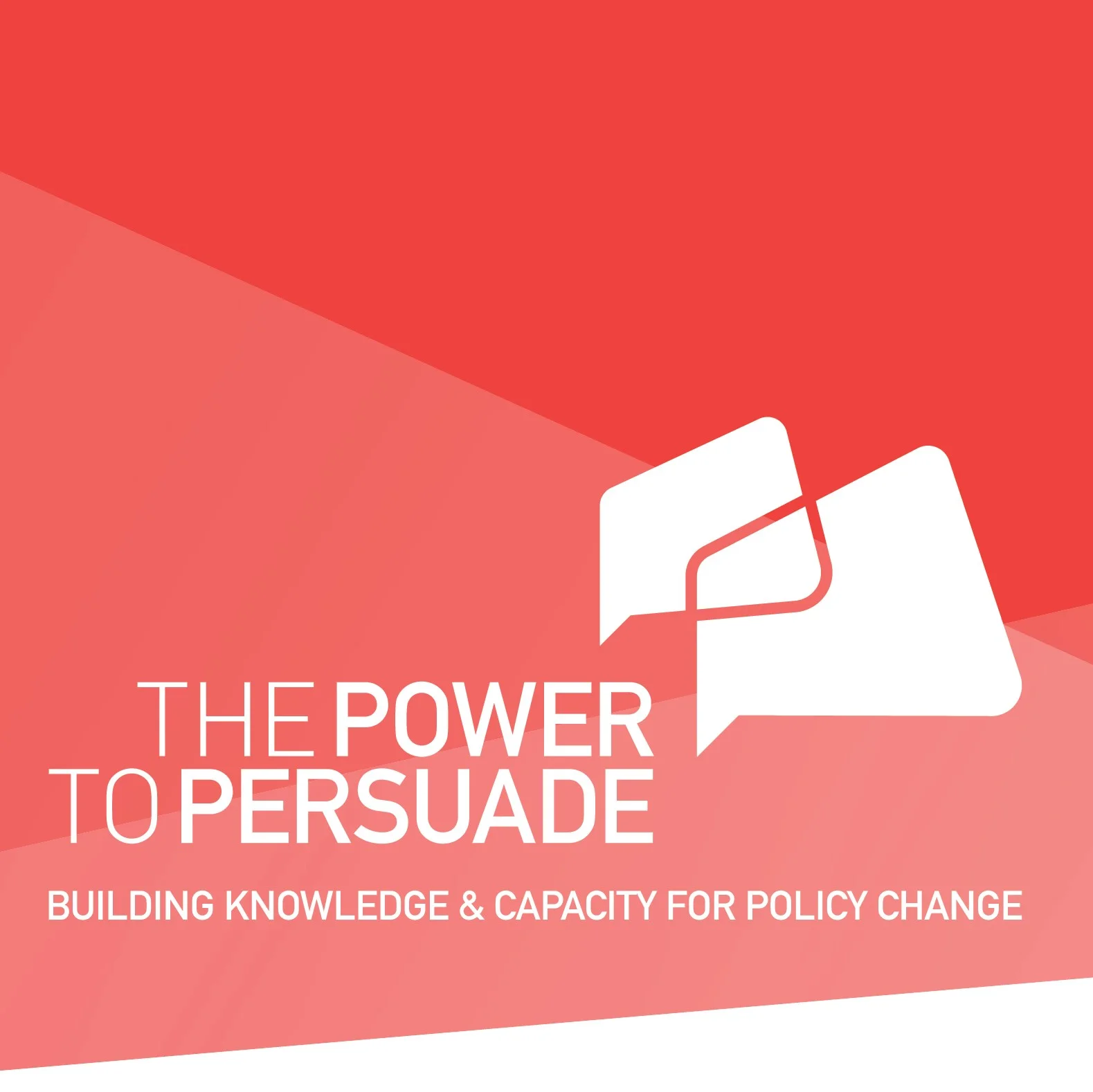Homelessness for older women has risen by an astounding 30% in just 5 years. This is just the tip of the iceberg for older women’s increasing housing precariousness and poverty. In today’s analysis, Myfan Jordan (@Myfan_Jordan) of Per Capita (@PerCapita) shares findings from her recently-released research report, Mutual Appreciation: a social innovation thinkpiece. This is the third in a series exploring older women’s experiences of poverty to mark Anti-Poverty Week; research participant ‘Lorraine’ told her story earlier in the week, and we started out with an analysis of how older women are suffering on the Newstart Allowance.
Read MoreFor Anti-Poverty Week, we are focussing on older women’s disadvantage, accumulated across a lifetime. An earlier post explored how older women are now the largest demographic reliant on the Newstart Allowance, which is pushing many into crisis. In today’s post, “Lorraine”[1] generously shares her story, in her own words. Lorraine is 70 years old, currently living in private rental accommodation. She receives a full age pension and commonwealth rent assistance while also working part-time. Her story contains many of the barriers and bumps that all women face – relationship breakdown, single parenting, the need to reskill, relocation for jobs, being called upon to help with caring for ageing parents or grandbabies, and that ever-present sexually-transmitted debt. Lorraine was one of several peer researchers on Per Capita’s (@PerCapita) recent report on innovative solutions for housing precarity for older women. We are thankful to her for allowing us to share her story here.
Read MoreCongestion charging is a feature in many cities around the world, but Australia has been reluctant to introduce such a policy, instead focusing on developing infrastructure. However new analysis from the Grattan Institute suggests that a congestion charge would be a better and fairer way of tackling congestion than spending more on infrastructure. Marion Terril and James Ha from the Grattan Institute discuss the implications below.
This article originally appeared in The Conversation under a Creative Commons licence. Read the original article
Read MoreAustralia’s system of social welfare is based on mutual obligation. But what happens when those obligations become so onerous that people simply stop seeking to claim government benefits? Professor David C. Ribar from The University of Melbourne dicusses this issue for those on Newsart.
This post originally appeared in The Conversation
Read MoreFeaturing the topic “The use and abuse of evidence in social policy” the 2019 Power to Persuade symposium was held last Thursday. The symposium showcased a range of expert speakers and panellists from government, the community sector and the research community. Below Professor Paul Smyth, one of the symposium panellists and a Power to Persuade Social Policy Whisperer provides his insights into this years symposium.
Read MoreThe largest age demographic on the Newstart Allowance are people aged 55+. For Anti-Poverty Week, and as submissions to the Senate Inquiry into the adequacy of Newstart and related payments roll in, Policy Whisperer Susan Maury (@SusanMaury) and Sarah Squire (@SquireSarah), both of Good Shepherd Australia New Zealand (@GoodAdvocacy) unpack what this means for older women. Drawing on case studies and reflections from Good Shepherd’s financial counsellors, they outline key concerns and policy solutions to improve outcomes for women experiencing poverty later in life. This analysis draws from Good Shepherd’s submission to the Newstart Inquiry; you can access the submission here.
Read MoreToday, on International Day of the Girl Child, freelance writer Catherine Shepherd and Sarah Squire (@SquireSarah) of Good Shepherd Australia New Zealand (@GoodAdvocacy) examine the state of play for girls in Australia, drawing on research and parenting experiences. Reflecting on some key challenges for girls’ wellbeing, they outline policy levers and practical tips for raising ‘unscripted and unstoppable’ girls.
Read MoreThis repost from The Mandarin discusses the different ways that female comedians use humour to both define and provide solutions to social problems. This positions them as “policy entrepreneurs” in the policy and administration space.
Read MoreIn this BusinessThink re-post, Dr Ann Kayis-Kumar from the University of New South Wales Business School introduces us to the Nationwide Tax Clinic Program. These federally funded clinics are designed to meet the needs of Australia’s vulnerable taxpayers. Dr Kayis-Kumar explains why and how these clinics came about and concludes with the overarching purpose of the Tax Clinic program, to foster a more socially just tax system.
Read MoreDespite the government’s commitment to and investment in a Welfare to Work strategy to incentivise people into employment, many people are languishing on the extraordinarily low Newstart Allowance for long periods of time. What exactly is going wrong? In a submission to the Victorian Government’s Inquiry into sustainable employment for disadvantaged jobseekers, Sue Olney (@olney_sue) of the Public Service Research Group (@PSResearchG) at UNSW Canberra provides a brief but comprehensive outline of why current levers seem to be falling well short of government targets. You can read the full submission in its original format here.
Read MorePunitive policies presume there is nothing stopping people from changing their behaviour other than recalcitrance. Research indicates, however, that many people who are subject to compliance welfare have multiple and complex barriers to aligning with government-identified outcomes. Today’s analysis by Katherine Curchin (@KatieCurchin) from the Australian National University explains how the ParentsNext program aggravates trauma, causing more damage than good for women who are trying to rebuild their lives.
Read MorePower to Persuade is hosting a one-day symposium in Melbourne on Thursday 10 October 2019. Featuring a keynote address by Julian Corner, CEO of Lankelly Chase in the UK, and three panels of experts drawn from universties, government and the not-for-profit sector, the symposium will examine the evolving use and understanding of evidence in social policy. Our co-director Dr Sue Olney from the Public Service Researach Group at UNSW Canberra sets the scene and invites you to join the discussion.
Read MoreIn response to the inquiry announced this week into Australia’s Family Law System, the team at the Women’s Research, Advocacy and Policy (WRAP) Centre at Good Shepherd Australia New Zealand has pulled together some of the concerns expressed by advocates for women’s and children’s safety.
Read MoreBehavioural insights teams around the world have demonstrated that understanding the quirks of human psychology can help policymakers more effectively respond to tricky problems in fields as diverse as energy consumption, organ donation, recycling, healthy eating, and tax compliance. But what about using behavioural insights to move people off of income support? In today’s blog, Dr Katherine Curchin (@KatieCurchin) of ANU explores how behavioural science can help us think about the poverty trap created by the inadequate rate of Newstart. This post draws on her chapter on 'Behavioural public policy and poverty' in the Routledge International Handbook of Poverty out in October 2019.
Dr Curchin will be sharing her insights at the upcoming Power to Persuade Symposium, contributing to a panel on “The use of evidence through a gender lens.” Register now for 10 October 2019 at the beautiful Melbourne Museum.
Read MoreThe undervaluing of caring work is a key driver of gender inequality. In today’s analysis, Kathy McDermott of the National Foundation for Australian Women (@NFAWomen) provides a summary of their submission to the Royal Commission into Aged Care Quality and Safety. They argue that investing in social infrastructure is economically savvy, providing supports for our biggest-growing industries while also tackling the gender pay gap.
Read MoreContinuing her series of original posts on Australia's employment services system, Dr Simone Casey (@SimoneCasey) explores the implications of outsourced decision-making in social security through the lens of the ParentsNext program. Dr Casey is an affiliate of the RMIT Future Social Services Institute (@FutureSocialAU).
Read MoreYou may have noticed at your local common a place for wild flowers, attracting a mobile constellation of bees, butterflies, and a host of minibeasts. Honey bees mean different things to each of us: an excuse to reminisce on childhood crayoning, the producer of that delicious syrup we all enjoy as honey, or a symbol of order and harmony in nature. However, they also serve a critical environmental role as a major fruit and vegetable pollinator. In these days of economic and political uncertainty this may not be foremost in policy makers minds, however, bees are vital for our survival and are a living indicator of the health of our environment. In this post, Gino Abdul-Jabbar suggests with honey bees under threat that we need to direct our individual attention and garner collective policy support for the plight of the humble honey bee.
Read MoreIn the past, the greatest health challenge for young people was to survive childhood. Thankfully, in most of the world this is no longer the case. However, the big health issue now for young people is mental health. Consulting with experts and stakeholders around the world, the Global Youth Mental Health Framework project will provide guidance for funders about the costs of investing, and the costs of not investing, in youth mental health. It also aims to produce a youth mental health care framework that is responsive to local needs, and a toolkit to help communities all over the world advocate for youth mental health services. On International Youth Day, Eóin Killackey outlined a new undertaking to make youth mental health a global priority.
Read MoreIn the wake of reports of service providers' poor conduct towards consumers with cognitive disabilities emerging from the Royal Commission into Banking, the Energy and Water Ombudsman of Victoria and the Essential Services Commission, Dr Yvette Maker and Professor Jeannie Paterson from the University of Melbourne offer two sets of resources here to promote a ‘facilitative’ approach to contracting and consumer transactions for people who have difficulties (or perceived difficulties) with learning, concentrating on, processing, remembering, or communicating information, and/or with decision-making.This piece was originally published by the Consumer Policy Research Centre.
Read MoreNewstart is in the spotlight with a number of politicians calling for an increase to the support payment. UNSW Canberra Research Fellow Dr Sue Olney explains how Newstart works, how it compares to benefits in other countries and why she believes it needs to be increased.
Read More




















